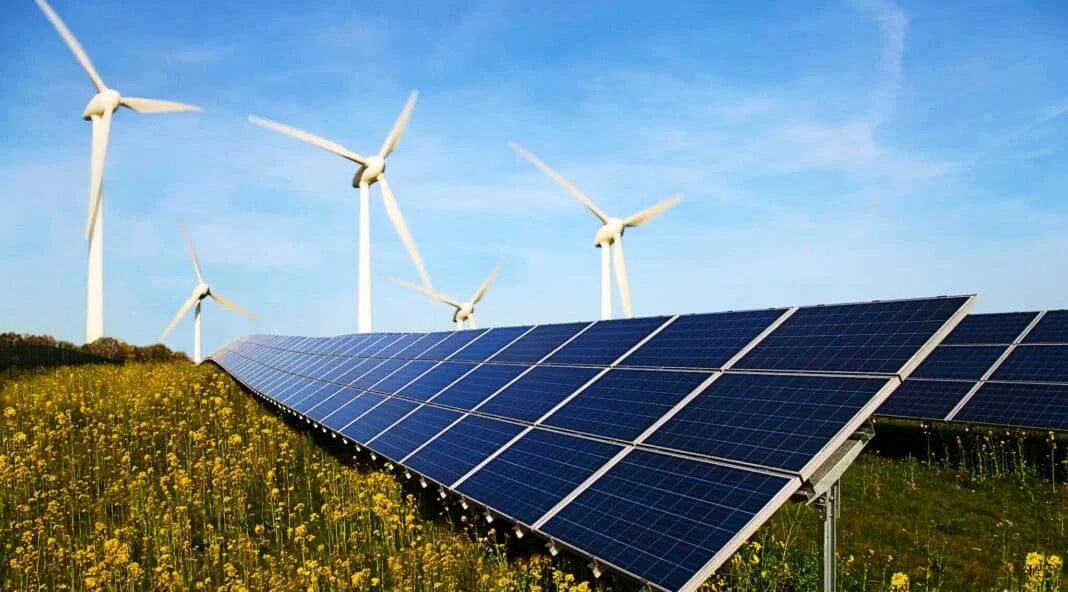
Transitioning to Green Energy: Strategies for a Sustainable Future
The transition to green energy represents a pivotal moment in human history, as we collectively seek to address climate change and build a sustainable future. As traditional fossil fuels give way to renewable sources such as solar, wind, and hydropower, industries worldwide are reimagining their energy strategies. In this blog post, we explore the strategies and opportunities for transitioning to green energy and achieving a sustainable future.
Understanding the Transition
The transition to green energy involves shifting from fossil fuels to renewable energy sources that have minimal environmental impact and are replenishable over time. This paradigm shift requires comprehensive strategies that encompass energy production, consumption, and distribution while addressing challenges such as intermittency, storage, and infrastructure.
Strategies for Transitioning to Green Energy
- Renewable Energy Investment: Increase investment in renewable energy infrastructure, including solar farms, wind turbines, and hydroelectric plants, to expand the capacity and availability of green energy.
- Energy Efficiency Measures: Implement energy efficiency measures in industries, buildings, and transportation to reduce energy consumption and maximize the effectiveness of renewable energy solutions.
- Policy and Regulation: Enact supportive policies and regulations that incentivize the adoption of green energy, such as tax incentives, renewable energy targets, and carbon pricing mechanisms.
- Technological Innovation: Drive innovation in renewable energy technologies, energy storage systems, and smart grid solutions to overcome technical challenges and improve the efficiency and reliability of green energy sources.
- Collaboration and Partnerships: Foster collaboration among governments, businesses, academia, and communities to accelerate the transition to green energy through knowledge sharing, resource pooling, and collective action.
- Education and Awareness: Raise awareness and educate the public about the benefits of green energy, the urgency of climate action, and the role of individuals and organizations in driving the transition to sustainability.
- Circular Economy Principles: Embrace circular economy principles in energy production and consumption, focusing on resource efficiency, waste reduction, and the reuse and recycling of materials and components.
- Community Engagement: Engage local communities in the transition to green energy by involving them in decision-making processes, offering economic opportunities, and ensuring equitable access to clean energy solutions.
- Resilience and Adaptation: Build resilience to climate change impacts by integrating green energy solutions with climate adaptation strategies, such as decentralized energy systems, resilient infrastructure, and disaster preparedness measures.
- Global Cooperation: Foster international cooperation and collaboration to address transboundary challenges, share best practices, and support developing countries in their transition to green energy.
The transition to green energy represents a monumental opportunity to build a sustainable future for generations to come. By implementing comprehensive strategies that prioritize renewable energy, energy efficiency, innovation, and collaboration, we can accelerate the transition and mitigate the impacts of climate change. At ReflowX, we’re committed to supporting the transition to green energy through our platform, partnerships, and advocacy efforts. Join us in embracing the future of sustainable energy and together, let’s make a positive impact on our planet.
 Prev Blog
Prev Blog